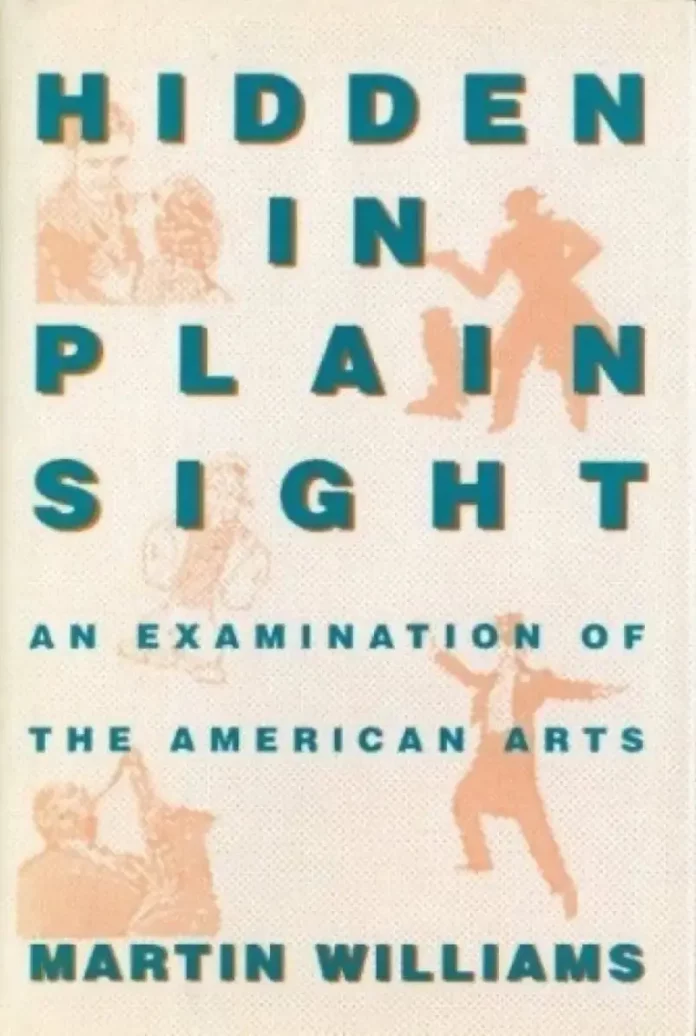Martin Williams, who died in April, was one of the finest critics jazz has produced, and I would like to report that his last book is a fitting memorial to his gifts. Sadly, it is a scrappy and expensive disappointment, failing to live up to its intriguing main title or the subtitle’s additional promise.
With the exception of ‘Duke Ellington As A Major Composer’ and some observations about Sarah Vaughan, Williams eschews the art form that made his reputation and casts his eye elsewhere – at, among other things, Fred Astaire, D W Griffith, comics, television, the American musical and radio comedy.
On these subjects he is rarely compelling, often trivial and sometimes – as in his mini-survey of detective thrillers – just silly. He (rightly) appraises Raymond Chandler under the banner of ‘high art’ rather than ‘pulp fiction’, yet his chief contention is that Phil Marlowe is ‘an incipient alcoholic who also mistrusts women’.
Such puritanically inaccurate and shallow stuff inspires derision rather than discussion, and that also goes for his claim that Ross Macdonald is ‘one of America’s 20 most interesting novelists’ in the period 1945-65. The sample figure is too large for the remark to carry any weight, and while I share the admiration for Macdonald, he seems an uncomfortably arbitrary choice: what about Ed McBain, Richard Condon, or of course – pace Williams – Chandler himself?
JJI readers will almost certainly be most interested in the essay on Duke, and fortunately it is the book’s best piece. Yet even that is disappointing compared to much of Williams’s previous jazz writing: it relies heavily on Gunther Schuller’s (already published) musicological analysis, and few if any perceptions perform that most valuable of critical tasks – to send the reader back to the recordings, reinvigorated and newly fascinated.
In sum, I fear there is little that nourishes here, and absolutely nothing that justifies Gary Giddins’s blurb-quoted view of Williams as ‘one of the most distinguished critics (of anything) America has produced’. Indeed, such a puff emerges as painfully embarrassing, and Williams is much better commemorated by such incisive and consistently illuminating works as The Jazz Tradition and Jazz In Its Time than by this feeble collection.
Hidden In Plain Sight – An Examination Of The American Arts by Martin Williams. OUP, hb, 153pp, £17.50. ISBN 0 19 507500 5
















